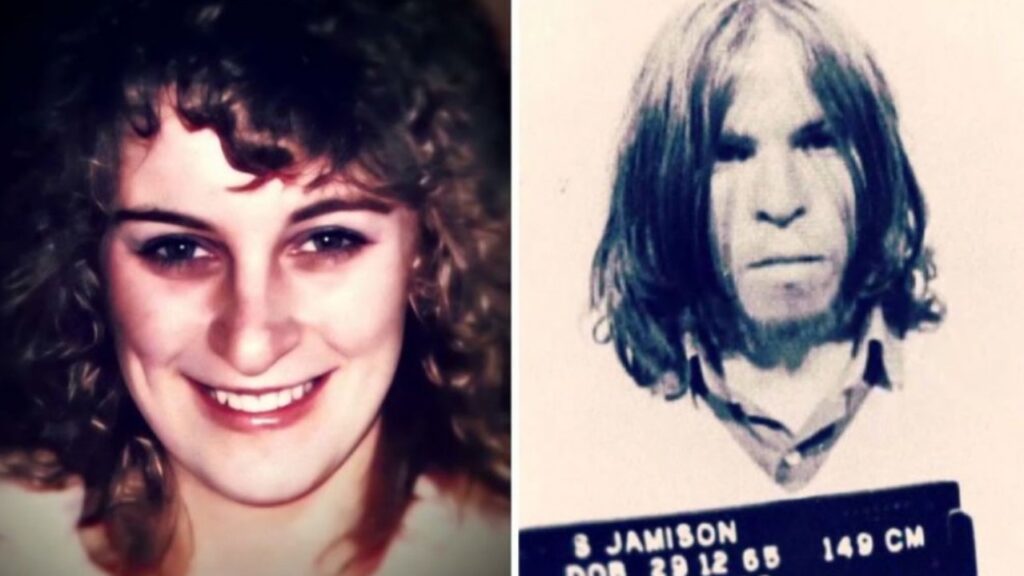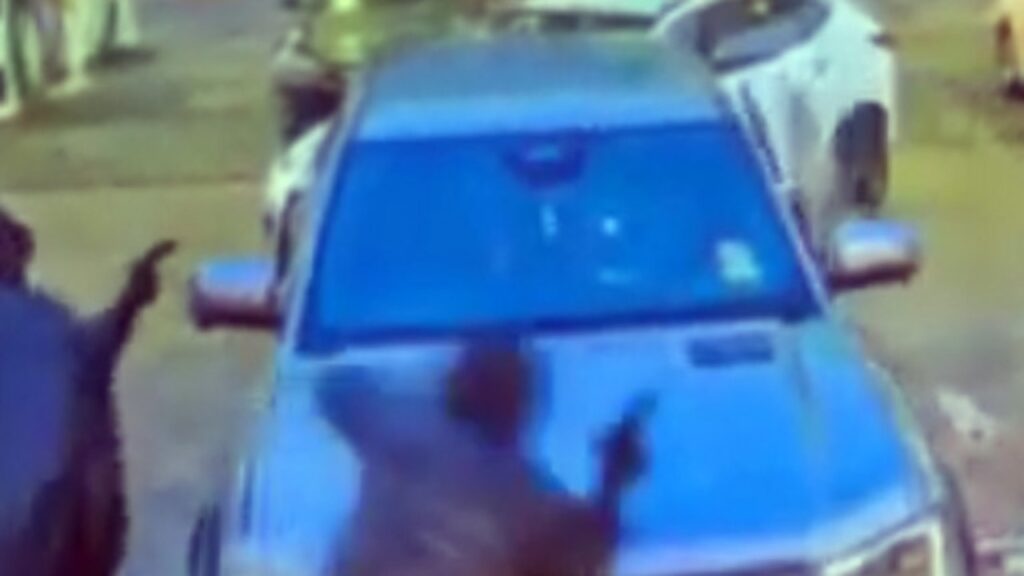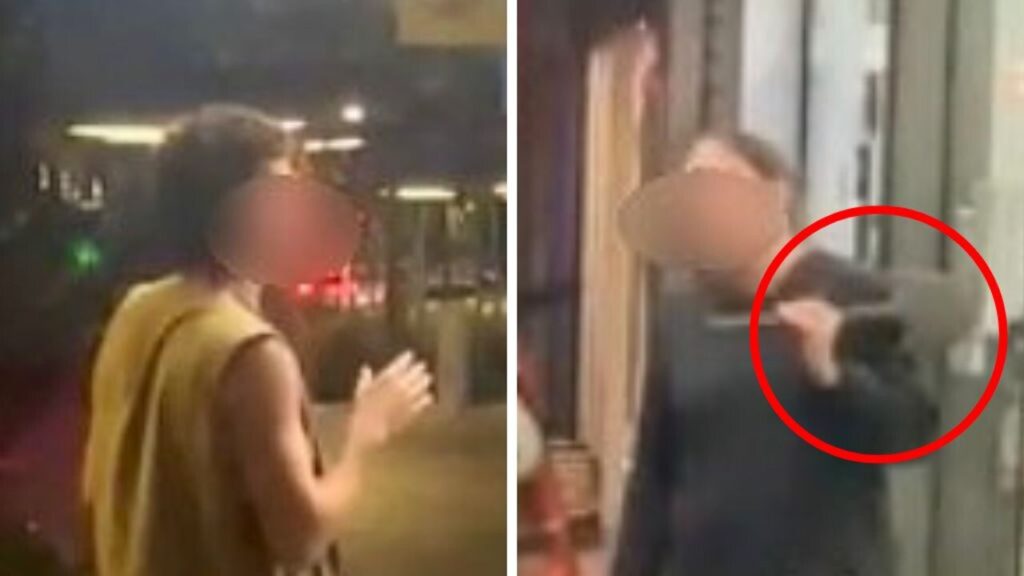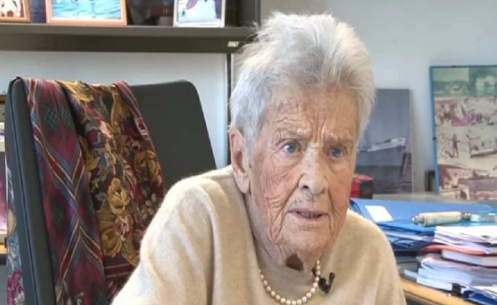Housing cost Australia: Rental price spikes across nation after pandemic
Written by admin on October 13, 2024
A new report has revealed renters in Australia are now paying on average nearly $15,000 more a year to rent a house since the pandemic.
Everybody’s Home released the data which showed the shocking annual rise in rents that have smashed Australians living in capital cities since the start of the Covid-19 pandemic.
The data revealed renters spent on average almost $15,000 more a year to rent a home since January 2020, but for people living in Sydney and Perth that amount was in excess of $18,000 more a year.
Everybody’s Home spokesperson Maiy Azize said the biggest cost-of-living expense for most people living in Australia was keeping a roof over their head.
“The steep rise in rents is pushing more people into severe housing stress and homelessness,” she said.
“People are sacrificing the necessities to afford the rent, living in appalling unhealthy conditions because there’s nowhere else for them to go, and ditching important life decisions because of housing insecurity.
“Australians are being priced out of the cities where they work which can affect the liveability of our cities and the quality of essential services.”
The report found renters in capital cities paid on average $14,700 more a year to rent a house, and $9,600 more a year to rent a unit compared to the start of 2020.
The cost to rent a unit in Adelaide ($10,192), Brisbane ($10,348) and Sydney ($10,452) were all above average, with the cost to rent a unit in Perth well above the average priced at $14,508 more than it was four years ago.
Two capital cities recorded increases past the average to rent a house, with people in Perth paying more than $18,304 than they were four years ago and tenants in Sydney paying an additional $18,512 in rent each year.
Renters in Canberra ($5616), Darwin ($14,612), Hobart ($3536)and Melbourne ($10,764) were still paying thousands of dollars more to rent a house but less than the average increase.
The increased cost to rent a unit in cities below the average were Canberra ($4784), Darwin ($4524), Hobart ($2184) and Melbourne ($7124).
The report was released to mark the start of Anti-Poverty Week with Ms Azize calling on all Australians to back their call for more social housing to fix Australia’s housing crisis.
Ms Azize said there was a massive social housing shortfall of 640,000 homes, which was set to rise to nearly one million homes in two decades.
“We need to end the shortfall and turn social housing into an option for more Australians – not just a safety net for those at the margins,” she said.
“We’re also asking all candidates vying for votes in the upcoming election to sign on to our Roadmap to Reform which includes phasing out tax breaks for property investors.”
The proposed reform details four factors to drastically rethink how Australia could tackle its housing crisis including raising Centrelink payments and introducing nationally consistent protections for renters.
This included limiting rent increases, longer tenancy agreements and minimun living standards.
The roadmap also included phasing out capital gains tax and negative gearing and working towards almost on million social housing homes in the next 20 years.
Ms Azize said poll after poll showed most voters wanted action on investor tax handouts because they were unfair and pushed up the cost of housing for everyone.
“Poverty is a policy choice. Unaffordable housing is a policy choice. It doesn’t have to be this way,” she said.
“The federal government has the power to make Australia a fair and affordable place to live. It’s past time that the government takes action that reflects the severity of this deep, prolonged crisis.”







